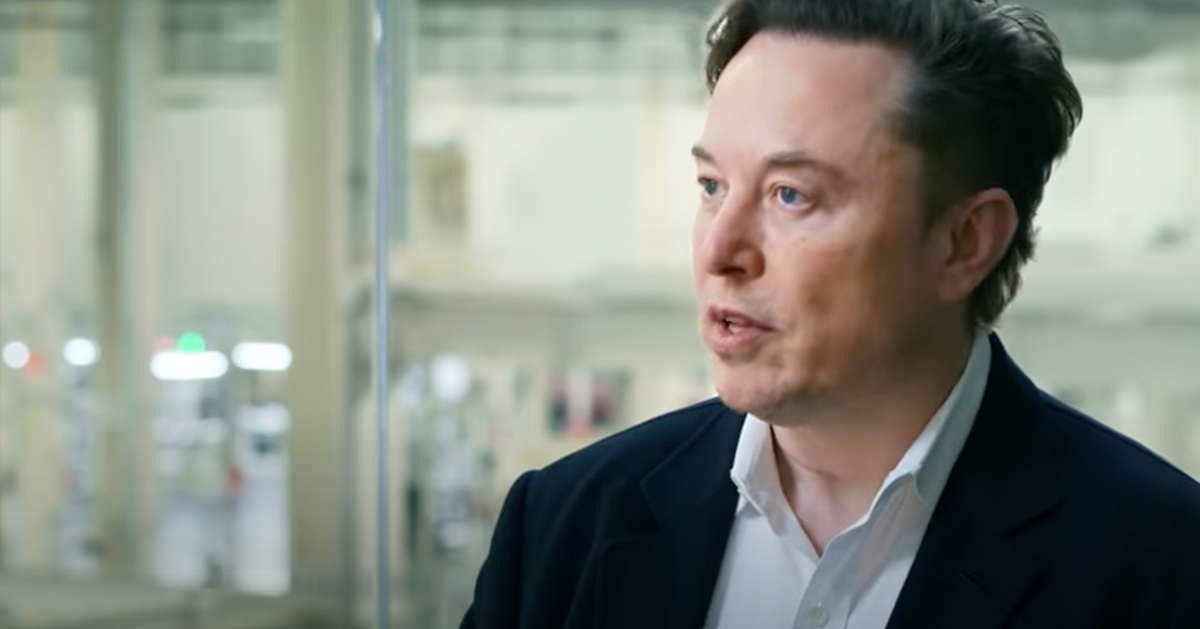Top DOJ Prosecutor Steps Down Amid EPA Probe Pressure
A leading figure at the Department of Justice has stepped down from her post amidst pressure to pursue an investigation lacking sufficient evidence.
Denise Cheung, head of the criminal division in the U.S. attorney’s office in Washington, D.C., has tendered her resignation following demands to open a probe into the Environmental Protection Agency's climate spending under the Biden administration, the Washington Examiner reported.
On Tuesday, Denise Cheung resigned from her role, citing the need to protect the integrity of the office and its prosecutors. This decision comes after Trump-appointed officials urged an inquiry into an EPA decision related to financial matters during the Biden presidency.
Officials Demand EPA Climate Spending Review
The request for a grand jury investigation was reportedly initiated by Emil Bove, the acting deputy attorney general. Bove communicated the request to Ed Martin, the interim U.S. Attorney. Martin, nominated by President Trump to become the permanent U.S. Attorney for D.C., was expected to take action.
The proposed investigation focused on the spending patterns under climate initiatives, especially those enveloped within the 2022 Inflation Reduction Act. The act has been targeted by the current administration for its allocation of funds toward environmental programs.
Trump's administration has openly criticized the previous administration’s allocation of resources towards these climate initiatives. Evaluating these initiatives for alignment with the present administration’s priorities has been a point of contention.
EPA Administrator Plans Funding Revisions
Lee Zeldin, the EPA Administrator, declared intentions to cut approximately $20 billion intended for climate grants. This decision was claimed to be based on alleged mismanagement of funds.
Zeldin described these funds as being stored within financial institutions, implying their potential misuse. He colorfully referred to them as "gold bars," a term derived from an undisclosed video, to underscore his viewpoint on the matter.
Further, Zeldin mentioned that a thorough funding review, in collaboration with the inspector general’s office and the Justice Department, was on the agenda to ensure proper oversight.
Cheung Cites Oath And Integrity In Departure
Cheung's email to her colleagues did not specifically outline the reasons for her resignation. However, she emphasized her commitment to upholding the Constitution throughout her two-decade tenure.
"When I started as an AUSA, I took an oath of office to support and defend the Constitution," her email read, reflecting her dedication to legal principles.
She also expressed confidence in her team, highlighting how fellow Assistant U.S. Attorneys honor their responsibilities daily. Cheung commended their integrity and professionalism in dealing with complex cases.
Implications And Future Direction
Cheung joined the U.S. Attorney's office in 2000, amassing extensive experience under numerous administrations. Her departure raises questions about the future direction of the criminal division amid ongoing pressures.
While her resignation focuses on defending institutional integrity, the implications reverberate through the corridors of the Justice Department and beyond. As debates over climate funding continue, the balance between policy priorities and legal standards will likely remain in focus.
The decision to decline a grand jury investigation suggests a threshold for evidence-based action that Cheung and her team stood by. This stance indicates a broader tension between political expectations and judicial independence.
Administration's Stance On Climate Policy
With the Biden administration’s climate agenda under scrutiny, the divergence in approaches to environmental funding is likely to prompt further discussions. The friction between old and new priorities marks a contentious phase in climate-related policymaking.
Whether the EPA and the Justice Department will find a harmonious pathway to address these divides remains uncertain. However, their collaboration in reviewing past financial decisions reflects continued oversight of environmental governance.
As Cheung vacates her role, the office’s approach to similar pressures in the future will undoubtedly be watched closely. Her decision sets a precedent, challenging further maneuvers that might appear prosecutorially unsupported.






